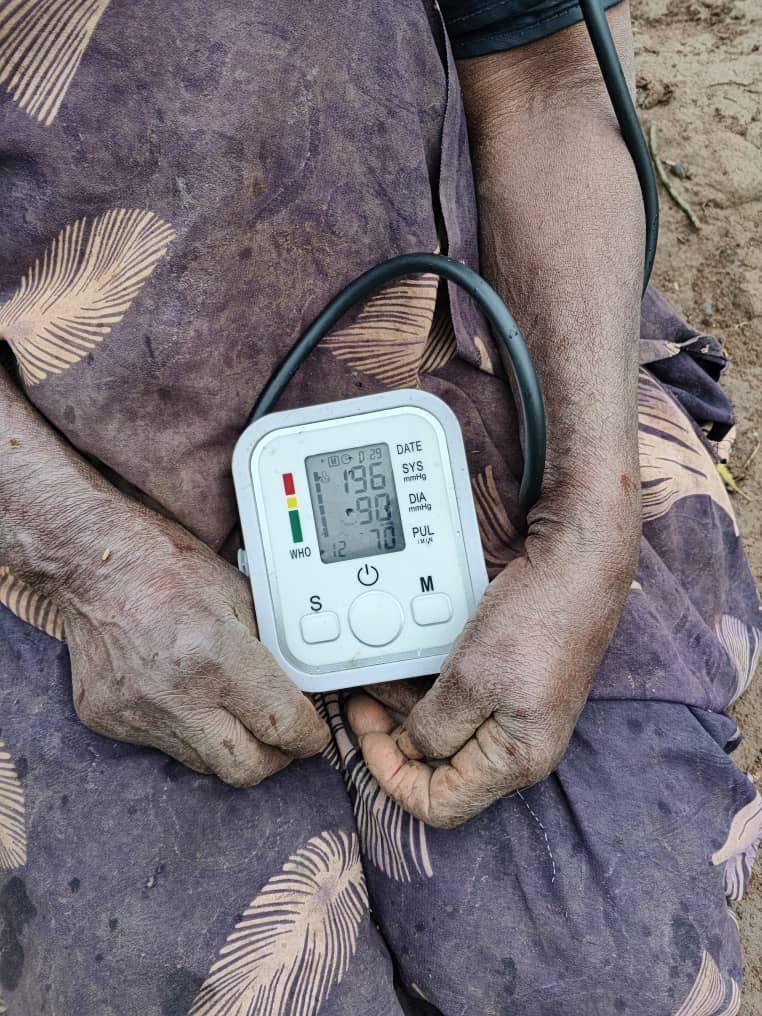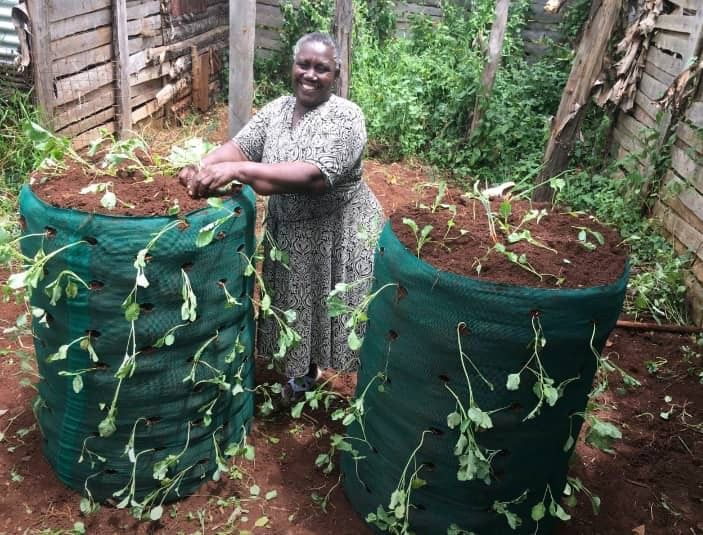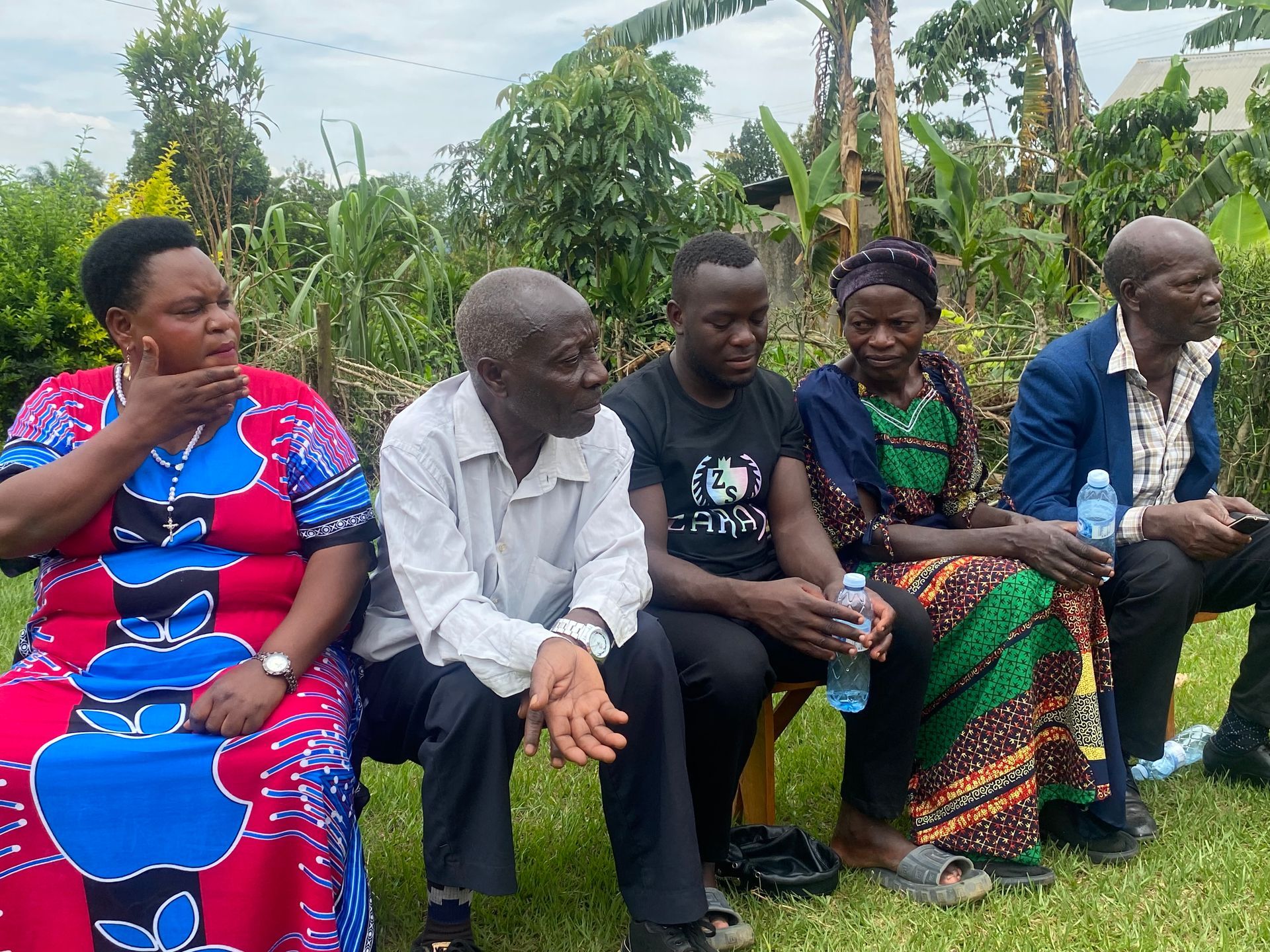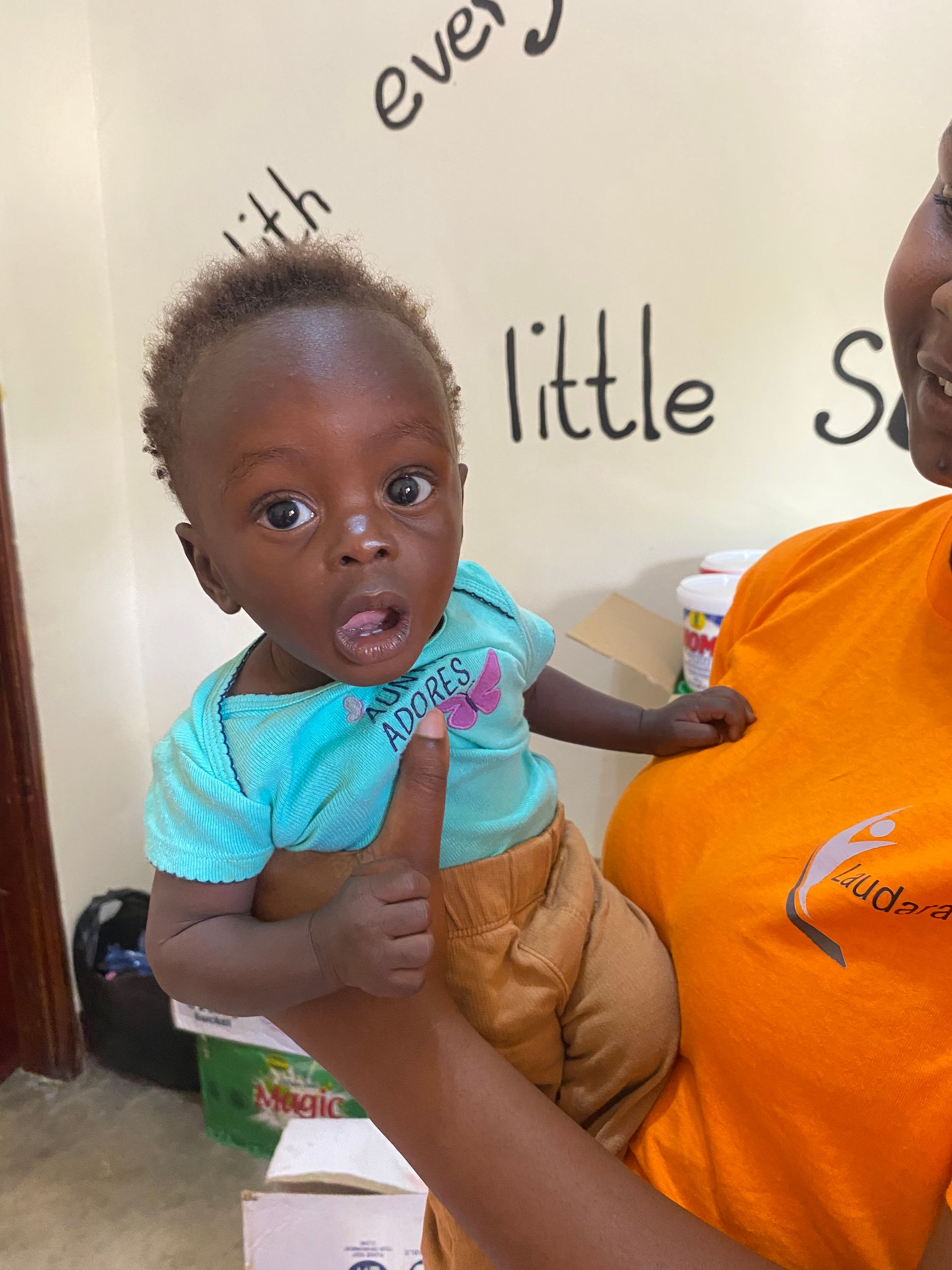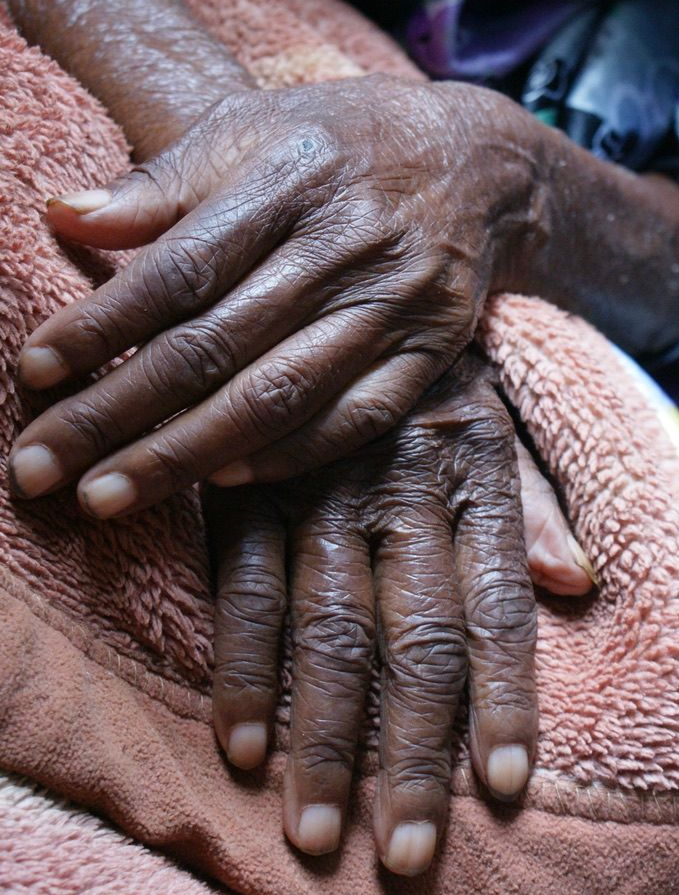Tackling Sickle Cell Anemia
Helping children lead a full and healthy life
Sickle cell anaemia is a significant public health challenge in many parts of Africa, including Uganda, where the prevalence of the sickle cell trait (SCT) is high. It is a genetic blood disorder that disproportionately affects people of African descent. In Uganda, approximately 20,000 babies are born with sickle cell disease (SCD) each year, and many do not live beyond their fifth birthday due to limited access to proper medical care. Addressing this issue at Ndegeya Medical Clinic in rural Uganda is critical to improving patient outcomes and reducing the impact of this debilitating disease on families and communities.
Understanding Sickle Cell Anaemia
Sickle cell anaemia is caused by the inheritance of two abnormal copies of the hemoglobin gene, leading to the production of "sickle" hemoglobin (HbS). This abnormal hemoglobin causes red blood cells to assume a rigid, sickle shape, reducing their ability to transport oxygen effectively throughout the body. These misshapen cells also have a shorter lifespan, leading to chronic anaemia, and they can block blood flow in small blood vessels, causing painful episodes known as "sickle cell crises." Over time, this condition can result in severe complications such as organ damage, stroke, and increased vulnerability to infections.
In rural areas like Ndegeya, the burden of sickle cell anaemia is particularly acute due to limited healthcare infrastructure, lack of specialized care, and widespread lack of awareness about the disease.
Key Medical Services Needed
To effectively manage sickle cell anaemia in Ndegeya and surrounding rural communities, our clinic must provide a range of essential services. These include:
- Early Diagnosis and Screening
Early detection is crucial for improving the outcomes of children born with sickle cell anaemia. Newborn screening, a practice used in many parts of the world, allows early intervention with treatments like penicillin prophylaxis and vaccinations to prevent deadly infections. At Ndegeya Mother and Childcare Centre, introducing routine sickle cell testing, particularly for newborns and young children, is essential. Given the high prevalence of sickle cell disease in Uganda, this service should be prioritized for all pregnant women and infants during antenatal and postnatal visits. - Genetic Counseling and Awareness Programs
Raising awareness about the genetic nature of sickle cell disease is important for reducing the spread of the condition. Many people in rural Uganda are unaware of their sickle cell status or how the disease is inherited. Our clinic wants to offer genetic counseling to couples planning to start families, helping them understand their risk of having children with sickle cell disease. This service can empower families to make informed decisions and reduce the stigma surrounding the condition. - Comprehensive Management and Treatment of Sickle Cell Crises
Managing sickle cell crises is one of the most immediate challenges for people with the disease. The crises are excruciatingly painful and often life-threatening, requiring prompt medical attention. Our Medical Clinic needs to be equipped with pain management protocols, including access to effective analgesics and fluids for hydration. Training the clinic’s staff on recognizing and managing sickle cell crises is vital for improving patient outcomes and reducing complications. - Access to Essential Medications
Patients with sickle cell anaemia need ongoing treatment to manage their symptoms and prevent complications. Hydroxyurea, a medication shown to reduce the frequency of painful crises and the need for blood transfusions, is a cornerstone of sickle cell treatment but is often not accessible in rural areas. Ensuring that Ndegeya Medical Clinic stocks Hydroxyurea and other essential medications like folic acid and antibiotics is critical. Regular access to these drugs can significantly improve the quality of life for sickle cell patients. - Vaccination and Infection Prevention
Sickle cell patients are particularly vulnerable to infections such as pneumonia and malaria, which can trigger crises and lead to severe complications. Ensuring that patients receive appropriate vaccinations, such as pneumococcal and Haemophilus influenzae type b (Hib) vaccines, is vital. Additionally, we need to implement malaria prevention strategies, including the distribution of insecticide-treated bed nets and antimalarial medications, as malaria is a common cause of morbidity and mortality among sickle cell patients in Uganda. - Psychosocial Support and Patient Education
Living with sickle cell disease can take a significant emotional toll on both patients and their families. Establishing support groups and counseling services can help patients cope with the psychological aspects of the disease. Educating families about how to manage sickle cell disease at home, including hydration, recognizing early signs of crises, and the importance of regular follow-up visits, is equally important. - Nutritional Support
Proper nutrition plays a key role in managing sickle cell disease, as patients often suffer from malnutrition due to their chronic condition. Ndegeya Medical Clinic should include nutrition counseling in its services, ensuring that patients, especially children, receive adequate vitamins and nutrients to support their overall health. Folic acid supplements are essential for promoting red blood cell production and should be part of the clinic’s treatment protocol.
While we aim to offer comprehensive services, it has been essential to establish partnerships with larger hospitals in nearby Masaka.
Sickle cell anaemia is a complex and life-threatening condition that requires a comprehensive, multidisciplinary approach to care. By providing essential services such as early screening, pain management, infection prevention, and patient education, we can significantly improve the lives of those affected by the disease in our communities. While challenges remain, particularly in terms of resource availability and community awareness, a strong commitment to tackling sickle cell anaemia will help create a healthier future for Ndegeya and its surrounding communities.
Together, we can turn the tide against this disease and give every child born with sickle cell anaemia the chance to lead a full and healthy life.
Share this post:



